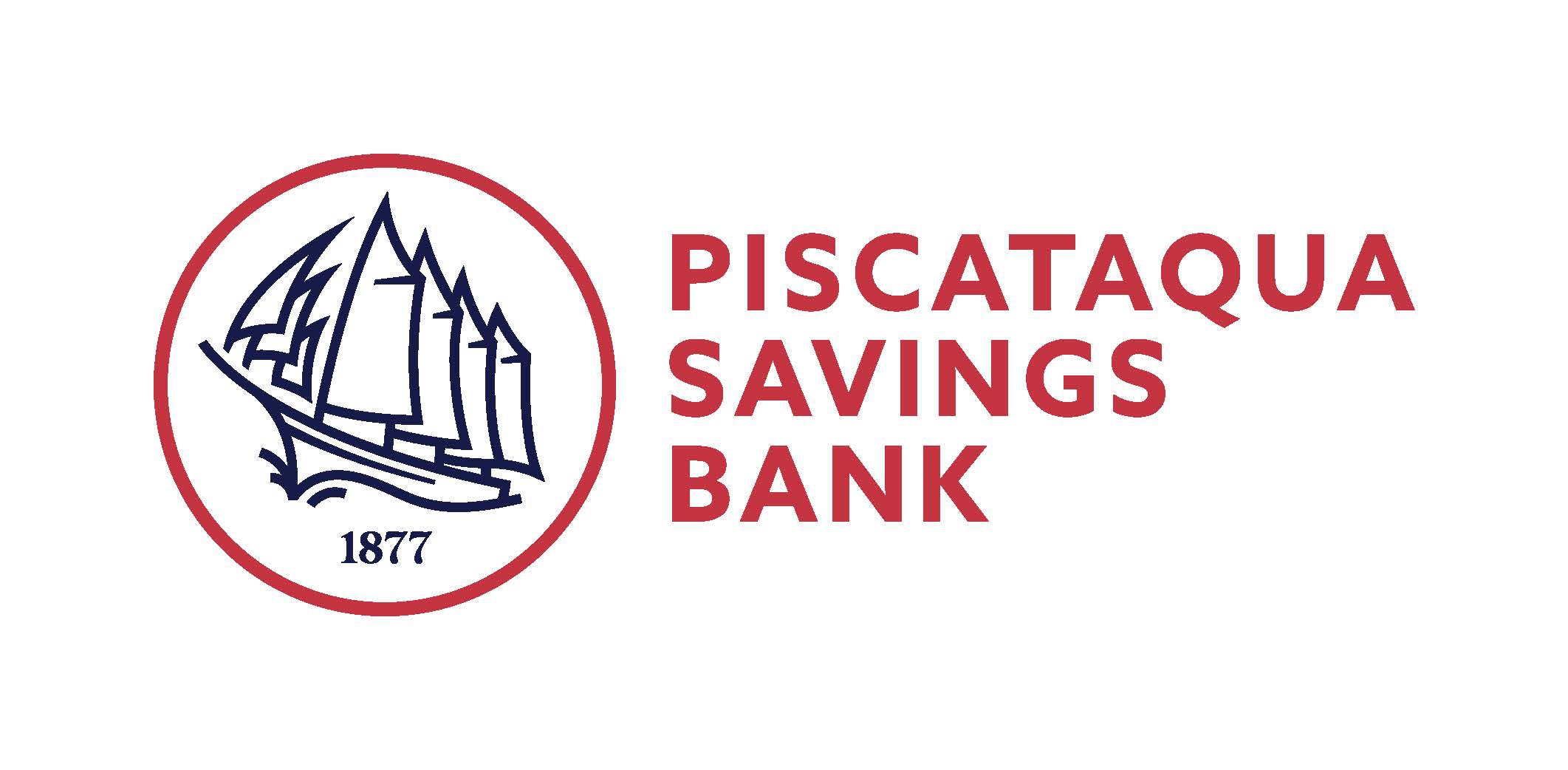
Lives in: Derry, NH
How old were you when you started playing music?
I was ten when I first picked up drumsticks, and haven’t put them down since.
Why percussion?
I don’t really know; something about it —the grip of the sticks, the movement, the bounce of various sounds off different surfaces and objects—that spoke to me.
What do you like about playing with a symphony orchestra?
Well, everything—the sound, the silence, the altered sense of time, the feeling of intensity when your instrument projects from the stage with just the right tone color, the superpower of hearing without seeing, the electric connection with the audience that makes live performances so different from any rehearsal or recording.
Do you play with any other groups? If so, which ones?
I am a freelancer, so I play with many orchestras – Atlantic Symphony, Cape Symphony, Lexington Symphony, Plymouth Philharmonic, Massachusetts Symphony, Symphony NH, Fine Arts Chorale and a few others; I am also looking forward to my first engagement with Great Bay Philharmonic performing with Yo-Yo MA this September.
I frankly say that Portsmouth Symphony is one of the friendliest, most people-centric orchestras that I have ever encountered. This and its artistic excellence are the biggest reasons why I enjoy working with John Page and PSO so much. Also, The Music Hall is a fun and storied venue.
What is your favorite piece of music to play on percussion?
On percussion it’s a double or triple “problem”—there’s so much great music, so many cool instruments, and, of course, so many different styles. In general, few things can rival a performance of a great symphony if you are playing timpani, snare drum, or cymbals. OK, bass drum can be great too – that’s what I remind my students! Xylophone and bells are also fun, they interact more directly with woodwinds and strings, whereas the heavier percussion are more with the brass – I am saying all this at the risk of disagreeable over-generalizations…Then there is percussion ensemble, which, like any chamber music, is a whole other world.
Tell us about your musical education.
My principal teacher in Ukraine, whom I’ll never forget for instilling in me the love of classical percussion, and for his blazing virtuosity, was Sergey Rizol of Kiev Opera. I benefited from a very strong music program at Pinkerton Academy before I went on to attended New England Conservatory in Boston where I earned a Bachelors and then a Masters in Music. I also hold a Doctorate of Musical Arts from Boston University.
Any recognition or accolades you want to share?
Recognition feels good only if I truly deserve it…the most meaningful accolades are unofficial – students having positive experiences and being successful, audiences moved by memorable performances. Other tangible and enjoyable ones were Zildjian Award for Excellence in the Art of Percussion, academic and performance distinctions on my NEC diplomas, and Gunther Schuller medal from NEC. This was all so long ago…but over the years I become only more acutely aware how fortunate I was to have worked with Mr. Schuller and a few other truly great musicians in person. Thank you for the opportunity to share some of my story.





